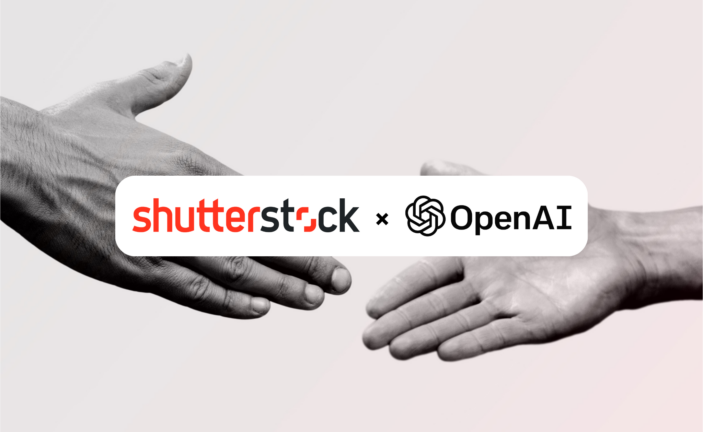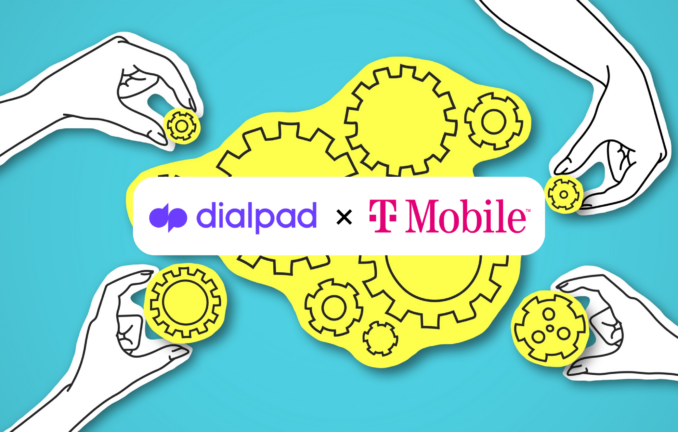In today's customer-centric world, businesses increasingly recognize the value of understanding the Voice of the Customer (VoC) to enhance their products and services.
Traditionally, customer feedback was collected through surveys, interviews, and questionnaires. However, with recent technological advancements, particularly in generative AI, organizations should develop new strategies, practices, and skills to leverage the vast amount of data collected from customer interactions. This eliminates the need to directly ask customers for input about their experiences with brands since the information is already available and stored in organizational systems. The challenge lies in converting customer data, feedback, and signals into actionable knowledge that can improve the customer experience.
Automated Data Collection as a Feedback Source
The emergence of the digital age has resulted in an explosion of customer data from various sources, such as online reviews, social media posts, customer support interactions, and purchase histories. This wealth of data provides valuable insights into customer sentiments, preferences, and behavior. By analyzing this data, organizations can gain a deeper understanding of their customers' needs, pain points, and desires without relying solely on traditional survey methods.
To enable organizations to collect feedback from customer interactions, whether structured or unstructured, it is important to layer the VoC system above the customer journey. This allows for the inclusion of sensors and triggers that gather feedback. All collected feedback is then fed into big data analytics engines, where AI and natural language processing (NLP) can derive customer context, emotion, and experiences from various interactions such as emails, messages, posts, and calls. Generative AI can synthesize and summarize actions to improve the customer experience based on the customer journey and what is relevant to customers.
Define what feedback to collect
As part of the VoC strategy, organizations need to identify what information and feedback they want to collect, on which channels and touchpoints, and when the system should trigger data collection. It is also important to determine what to do with the collected data, how to measure progress, and what success looks like. Having a clear VoC strategy is essential to realize the value of the significant investment in resources and technology the organization has made in AI.
Predicting Customer Satisfaction, Likelihood to Recommend, and Brand Loyalty
One crucial aspect of VoC is determining customer satisfaction and their likelihood to recommend a brand, product, or service. Traditionally, this information was obtained through customer satisfaction or Net Promoter Score (NPS) surveys. While these surveys are still valuable, a data-driven metrics approach offers the advantage of real-time feedback and the ability to quickly analyze large volumes of customer data.
By utilizing advanced analytics, NLP, sentiment analysis, and machine learning algorithms, organizations can develop a data-driven methodology to create metrics that compute customer satisfaction levels or predict the likelihood that they’ll recommend a brand, product, or service to others. This approach helps identify areas for improvement.
To assess the strength of the relationship or customer loyalty to the brand, generative AI can learn from large volumes of data and identify patterns. It can generate loyalty metrics, such as NPS, or provide insights into how customers feel about products or services throughout their journey. This enables organizations to obtain more detailed and actionable information from their customers.
Driving Anticipation and Personalization
The ability to predict what customers want or need next is a game-changer for organizations aiming to provide personalized experiences and stay ahead of the competition. By leveraging data-driven insights, companies can predict future customer behaviors and anticipate customer preferences to deliver relevant offers, recommendations, or updates in real time.
A notable example in the B2C sector is a streaming service that utilizes viewership data and content preferences to suggest relevant shows or movies, enhancing the user experience and increasing customer satisfaction.
In the B2B context, proactive customer support is an example where a SaaS software company monitors its customers' usage patterns and identifies potential issues or areas for improvement. The support team proactively reaches out to customers, offering personalized guidance and assistance to address their specific pain points. By anticipating their needs and offering proactive support, the company enhances the customer experience and demonstrates its commitment to customer success.
Automated Customer Surveys
Generative AI will revolutionize the way customer surveys are conducted. Traditional surveys as we know them today will fade away and be replaced by data-driven surveys tailored to ask the right questions at the right touchpoint or channel, based on customer history, habits, behavior, and personal journey with the organization. These tailored surveys aim to sample customer responses to train and validate what generative AI already knows about customer perception of events, interactions, relationships, or brands.
While predicting VoC will bring value to customers, employees, and organization, it is crucial that humans are involved in the process to ensure ethical considerations, maintain data quality, and address complex or sensitive issues that may require empathy and subjective judgment.
In Summary
Predicting the VoC through data-driven feedback represents a paradigm shift in understanding customer preferences and anticipating their needs. By analyzing customer data from various sources, organizations can gain actionable insights into customer satisfaction, likelihood to recommend, ability to discover fractions in the customer experience, and future preferences.
By leveraging advanced analytics techniques and technologies such as AI, ML, NLP, and generative AI, organizations can drive personalization, enhance customer experiences, and stay ahead in today's competitive marketplace. As we move forward, the ability to harness the power of data will continue to be a vital tool in understanding and fulfilling the evolving needs of customers.
Musa Hanhan is the founder and Managing Partner of Xperiente, a consultancy agency that helps its clients create better experiences. Musa is a tireless advocate for a great customer and user experience with 20+ years of experience. He is a creative Customer Experience Executive Leader. He creates a world-class customer experience that is exhibited in many current and past successes in designing and engineering solutions that have enhanced customer trust and loyalty.










